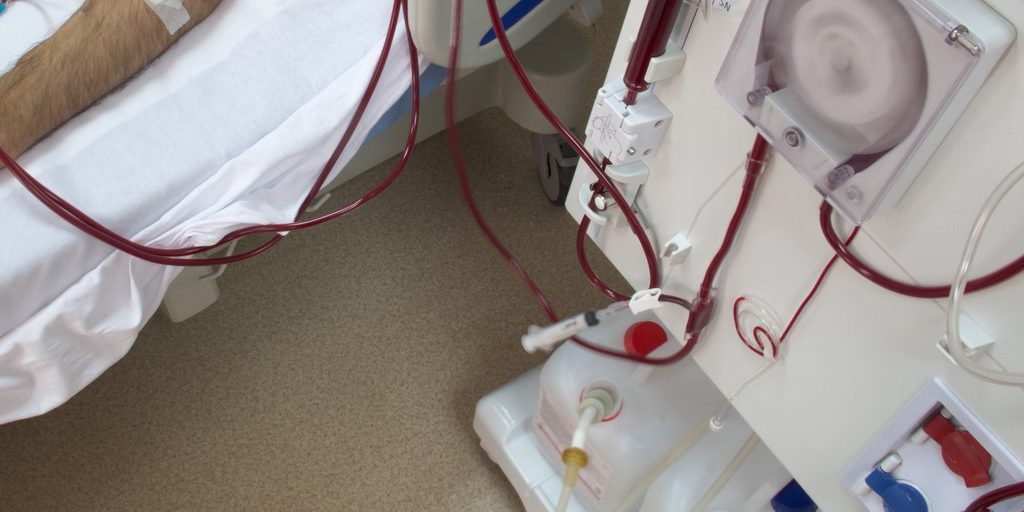
Chronic kidney disease
2.6 million people in England currently live with chronic kidney disease (CKD), a long-term, irreversible condition in which the kidneys do not work as well as they should to clean the blood, and makes individuals more susceptible to advanced stages of the disease at times when they may be unwell for other reasons. Those individuals with severely limited kidney function also have an increased risk of hospital admission and death.
However, despite being a common cause of death and disability globally, the disease is relatively understudied compared with other leading non-communicable diseases. Indeed, only recently has it been established that kidney function is an independent risk factor for cardiovascular disease, and that the stages of renal disease are more complex than originally thought. Critical gaps in knowledge also exist around the role of modifiable risk factors (such as excess weight, smoking behaviour, socioeconomic status and ethnic profile), in the progression of the condition to end-stage renal disease.
In response to this, a research team at The George Institute for Global Health, led by Professor Mark Woodward, are seeking evidence-based responses to these unanswered questions. The CONVINCE study is notable for comparing haemodialysis (the most common therapy for CKD, although it carries risks to cardiovascular health and is often associated with a poor quality of life) with haemodiafiltration, an advanced treatment that has emerged in the past decade that more effectively removes some of the waste products that accumulate due to kidney failure, but with controversial promises of greater survival. The study looks to test the evidence and weigh up the benefits of both.
The findings from The George Institute researchers working to address chronic kidney disease have the potential to contribute to improved health outcomes, both in strengthened healthcare services and cost-effective CKD treatment, and in the life expectancy and quality for all patients, in particular priority groups such as women and children.








